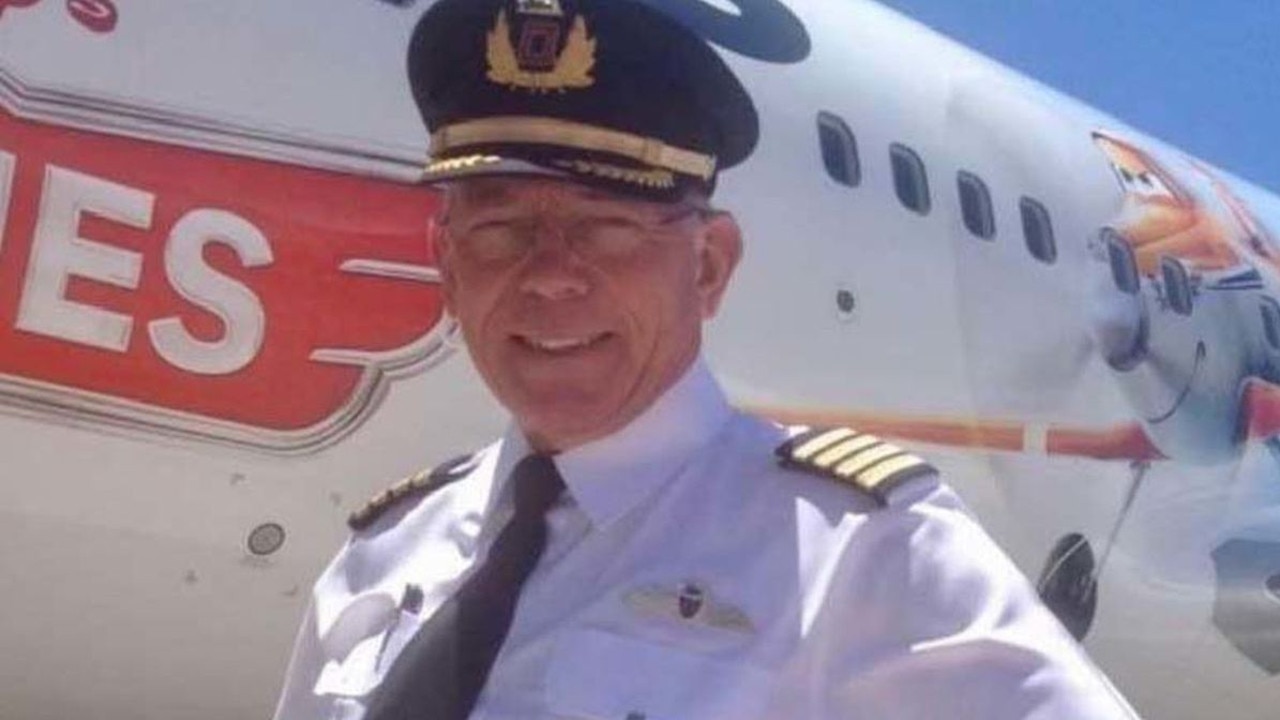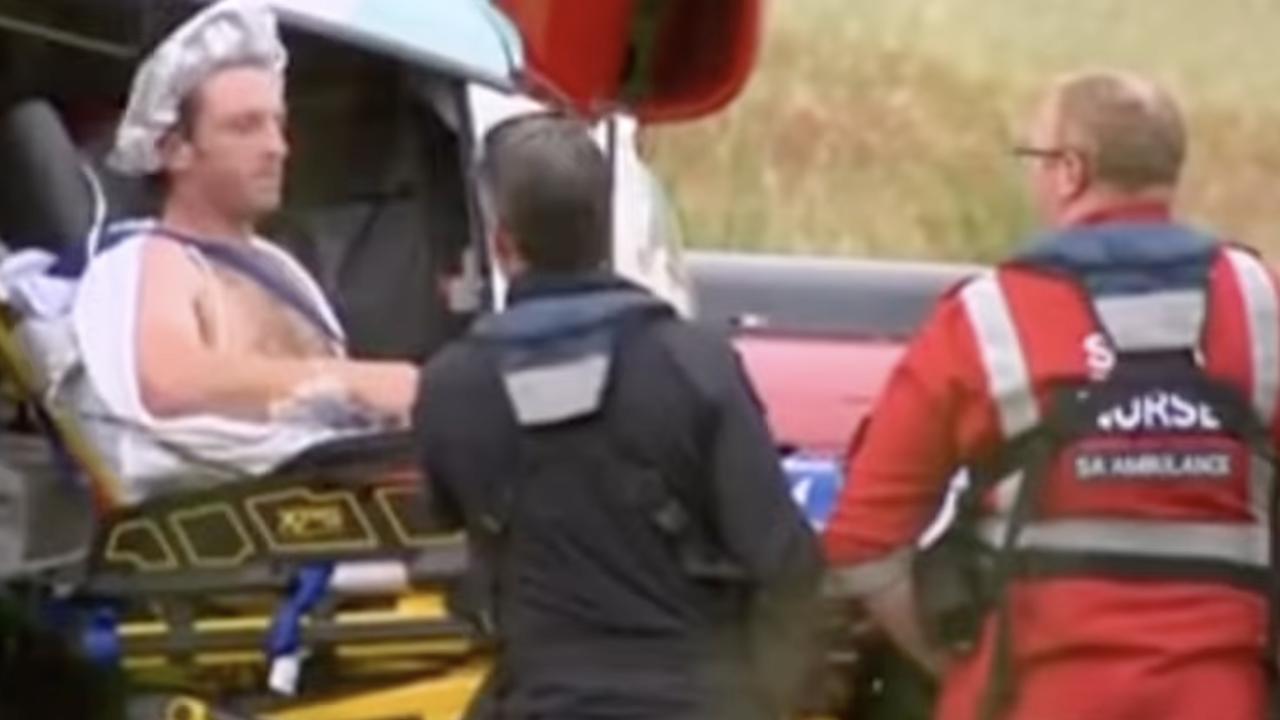Australia continues to fight for justice almost seven years after MH17 downing
Almost seven years after Flight MH17 was shot down, killing all people on board, Australian authorities are still fighting for justice.
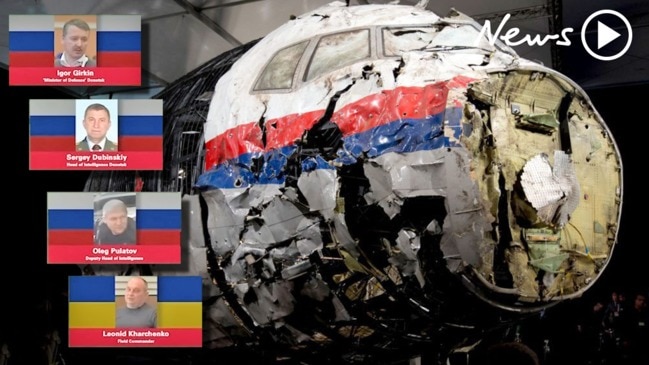
The downing of Flight MH17 shocked the world in 2014 and almost seven years later, authorities are still fighting for justice for those killed.
The Australian Government continues to provide millions in funding for prosecution efforts of those responsible for shooting down the Malaysian Airlines flight, which killed 298 people including 38 from Australia.
The plane, flying from Amsterdam to Kuala Lumpur, was shot out of the sky on July 17 by a Buk surface-to-air missile fired from an area controlled by pro-Moscow Ukrainian rebels.
Investigators believe separatists shot down the plane in error as they thought it was a Ukrainian warplane. Russian President Vladimir Putin has denied any Russian involvement in its downing.
Last year Russia withdrew from talks with Australia and the Netherlands over its liability for the downing of the plane, after the Dutch Government filed court action against Moscow at the European Court of Human Rights.
Dutch prosecutors have also brought criminal charges against four individuals it believes were involved in shooting down the aircraft.
Meanwhile a civil action against Malaysian Airlines was settled in 2019 by five Australian families over its responsibility for flying over contested Ukrainian airspace.
When asked whether justice can be achieved for the victims, Australian National University international law expert Professor Donald Rothwell said he thought it could be.
“The legal mechanisms are exceptionally complex and difficult but you can look at precedents and yes, justice can be achieved in these types of matters, it just takes a lot of time,” he said.
RELATED: Australian officer speaks about identifying MH17 victims
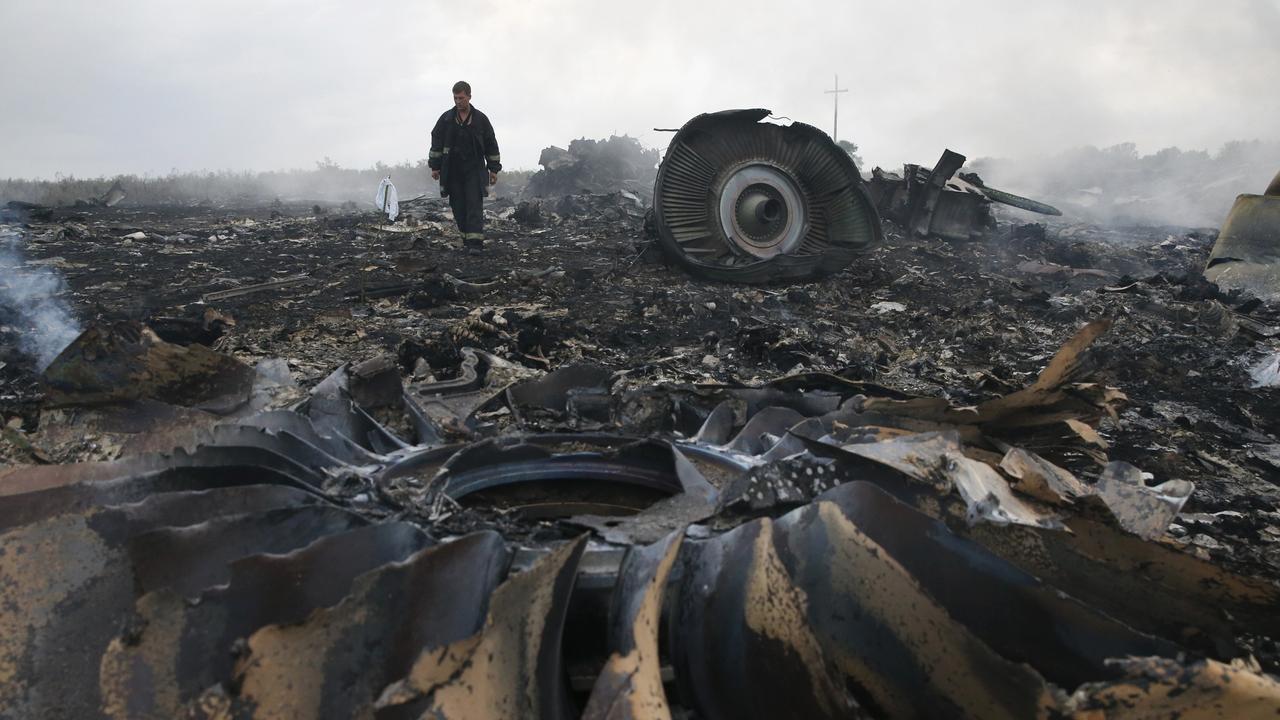
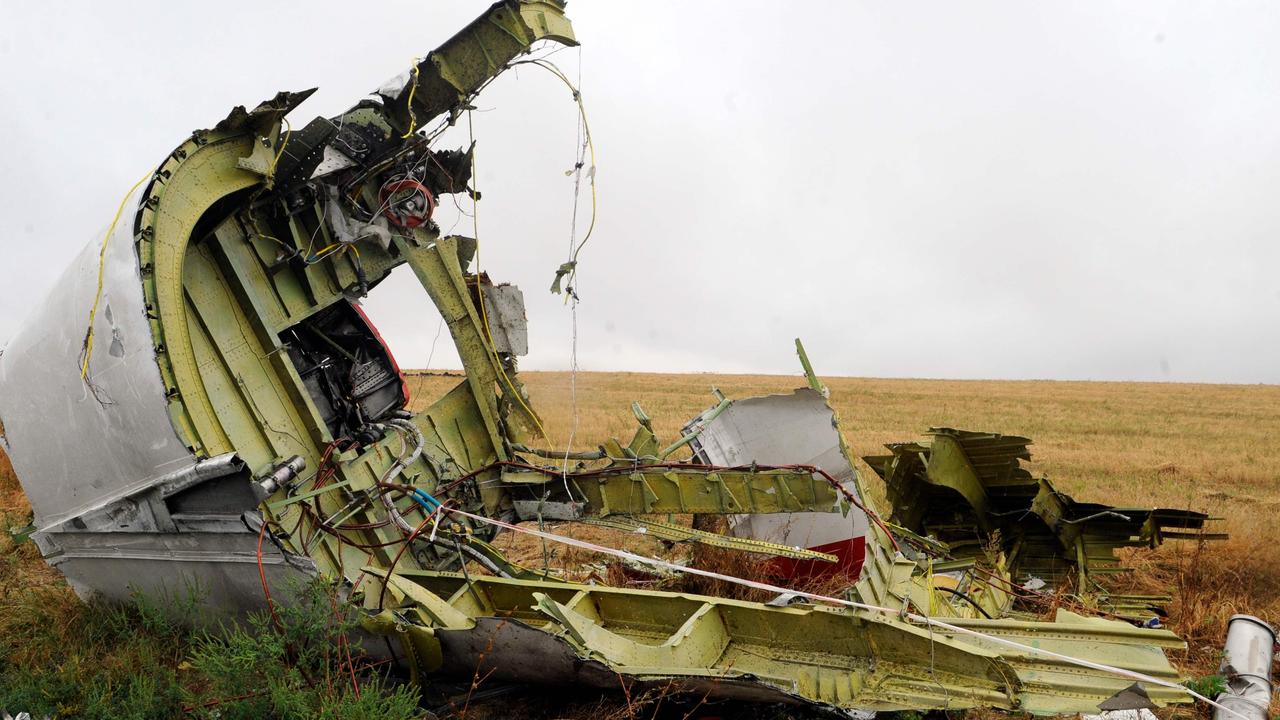
Prof Rothwell pointed to the example of the Lockerbie bombing in 1988, when Pan Am Flight 103 travelling from Frankfurt to the United States was destroyed by a bomb, killing 259 people on board and a further 11 people when debris crashed to the ground in Lockerbie, Scotland.
A Libyan intelligence officer was jailed for life in 2001 after being found guilty of murder connected to the bombing, and Libyan leader Muammar Gaddafi accepted responsibility for the bombing in 2003 and paid compensation to the families of the victims, although he maintained he had never given the order for the attack.
Of the various MH17 proceedings, Prof Rothwell believes the Dutch criminal prosecution of four individuals is the most advanced.
In the budget this year, the Morrison Government revealed it would support the prosecution with $10.9 million in funding over five years from 2020-21.
The money will go towards prosecution costs, assisting family members of the victims to participate in the court proceedings and providing for the continued operation of Australia’s embassy in Kyiv.
Prof Rothwell said prosecutors were persisting with their efforts despite the disruptions caused by the COVID-19 pandemic, and the money over the extended period would likely be needed as “this is a long haul”.
He believes Australian officials will support continuing efforts to get justice for the victims.
“(Then Foreign Minister) Julie Bishop put a lot of diplomatic efforts into achieving the initial outcomes including a Security Council resolution (in 2014 for an independent investigation into the incident) — rather remarkably,” Prof Rothwell said.
RELATED: MH17 suspected charged with murder
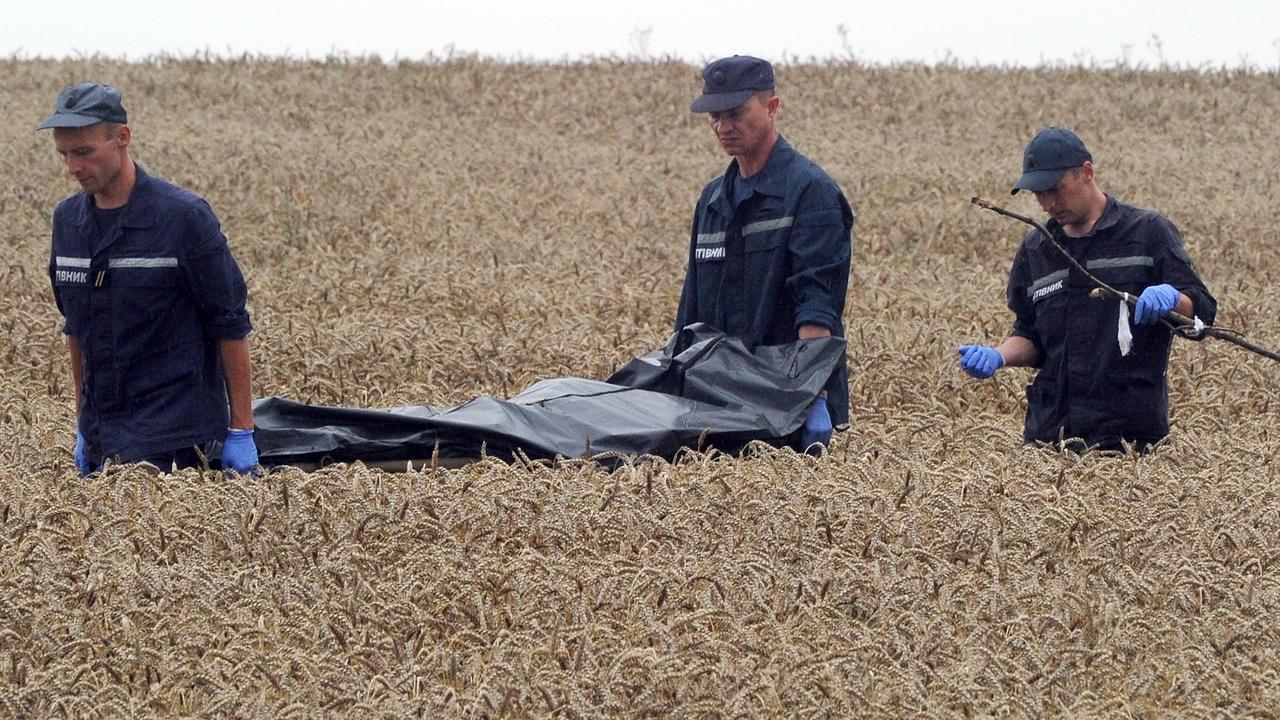
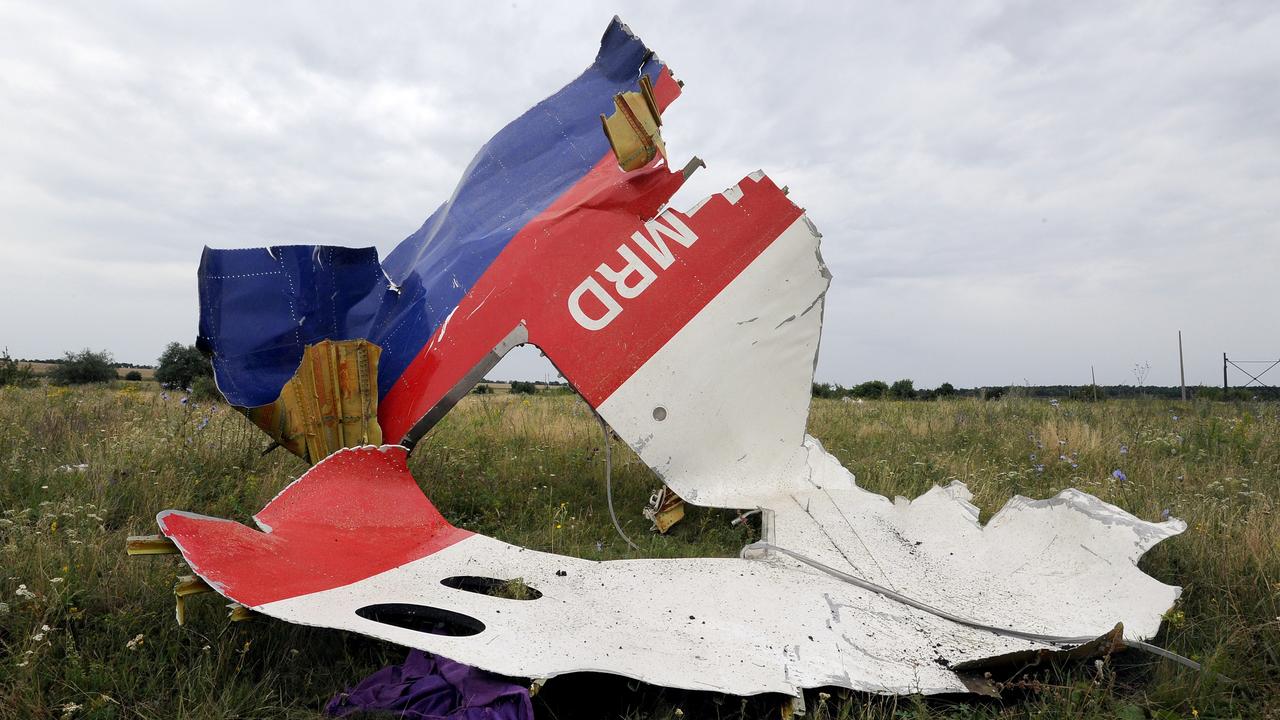
The Security Council later failed to support establishing an international tribunal for the purpose of prosecuting those responsible for the downing of MH17, due to a veto used by Russia, but Prof Rothwell believes authorities won’t stop their efforts.
“Current prime minister Scott Morrison has inherited a legacy of a very proactive position in terms of MH17 and it’s not surprising they are continuing to support the international proceedings,” he said.
“I also understand there are some senior DFAT (Department of Foreign Affairs and Trade) people who are very committed to this process.”
A DFAT spokesperson told news.com.au: “the Australian Government is committed to achieving truth, justice and accountability for the downing of Malaysia Airlines Flight MH17, including for the 38 people who called Australia home and their loved ones”.
Dutch prosecution
The Dutch Government has brought criminal charges against four suspects (Igor Girkin, Sergey Dubinskiy, Oleg Pulatov and Leonid Kharchenko) for their alleged roles in the downing of the flight.
A Dutch-led international team of investigators, comprising Australia, Belgium, Ukraine and Malaysia, worked together on building the case against the men.
The trial is due to begin on June 7 in The Hague but none of the men look likely to be in court as they were not able to be extradited.
One of the suspects, Igor Girkin, a former Colonel with Russia’s FSB state security service who led separatist forces in eastern Ukraine’s Donetsk region at the time of the downing, told The Times in the UK, that he felt some “moral responsibility for the deaths”.
“In as much as I was the commander of the rebels and a participant in the conflict, I feel a moral responsibility for these deaths,” Mr Girkin, 49, said.
But he insisted that the forces under his command “did not bring down the plane”.
When asked if his statement could be construed as an admission that the Russian military was to blame, Mr Girkin said: “People can interpret this as they like”.
RELATED: Texts that expose clues in MH17 investigation
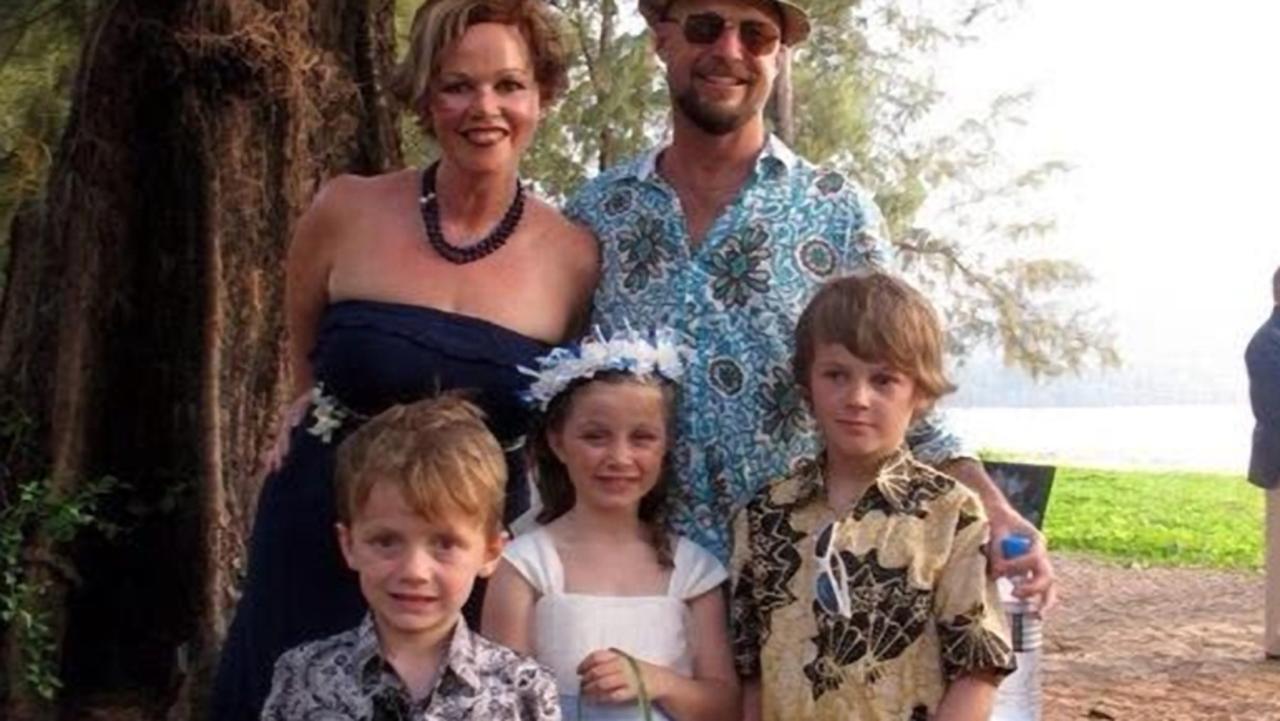
The four defendants have been charged under the Dutch criminal code with murder and the downing of an aircraft.
Prof Rothwell said the criminal charges were being brought against the men in the Netherlands because the country was considered to have the best grounds for a criminal case.
The Netherlands is where the flight departed from, but other options would have been Malaysia where the aircraft was registered, or Australia, where a number of passengers were from.
Prof Rothwell said the Dutch also played a critical role in the initial incident investigation and this could help the presentation of evidence.
“The Dutch always took a lead into the investigation into the incident, which allowed them to gather evidence that could be used in a Dutch court, rather than in a Malaysian or Australian court,” he said.
International courts
There is also the potential for proceedings to be brought in an international court or tribunal, although Russia has so far refused to accept the jurisdiction of a court or tribunal.
However, the Dutch Government is still bringing a case against Russia in the European Court of Human Rights.
Prof Rothwell said this type of case looked at whether the government of Russia was responsible in international law for shooting down the aircraft.
“It’s a novel legal action and it’s looking at untested aspects of the law,” he said.


